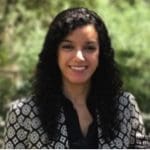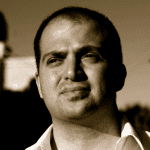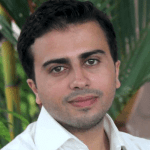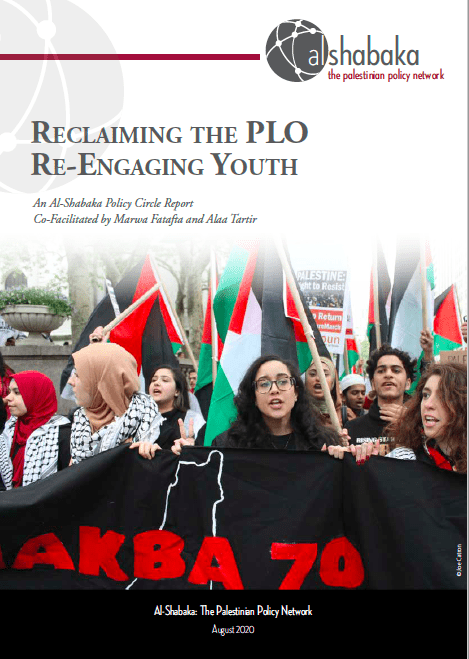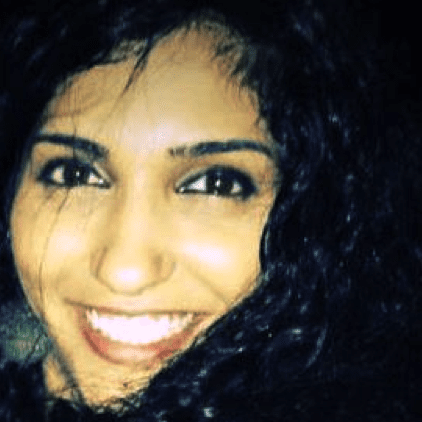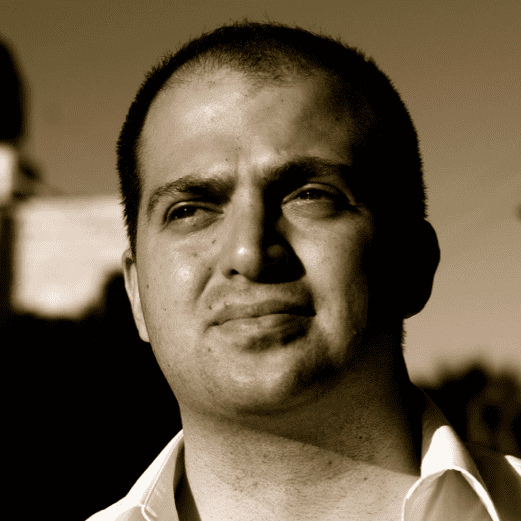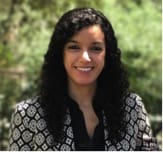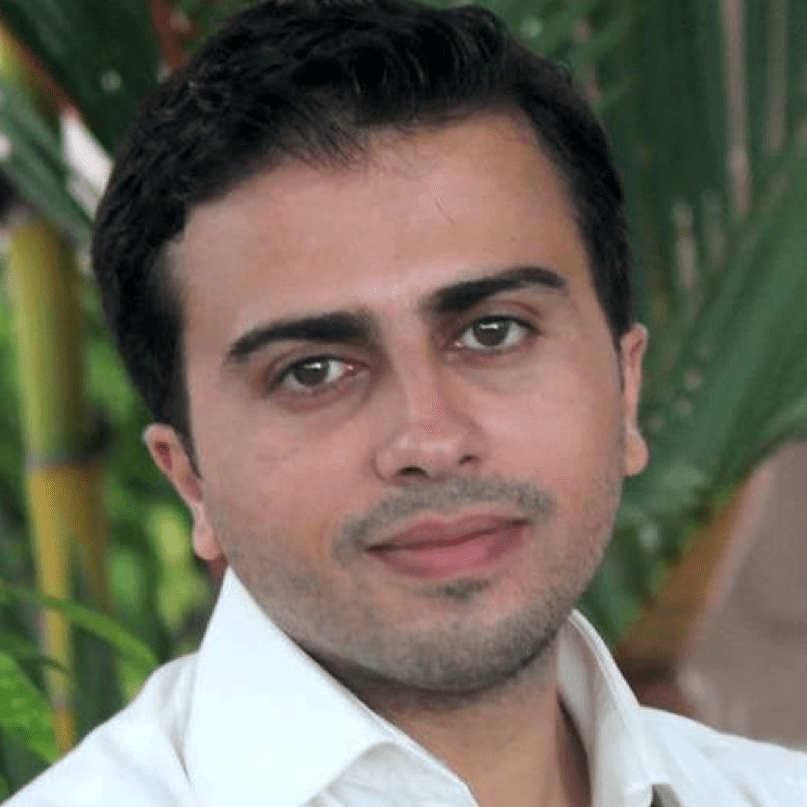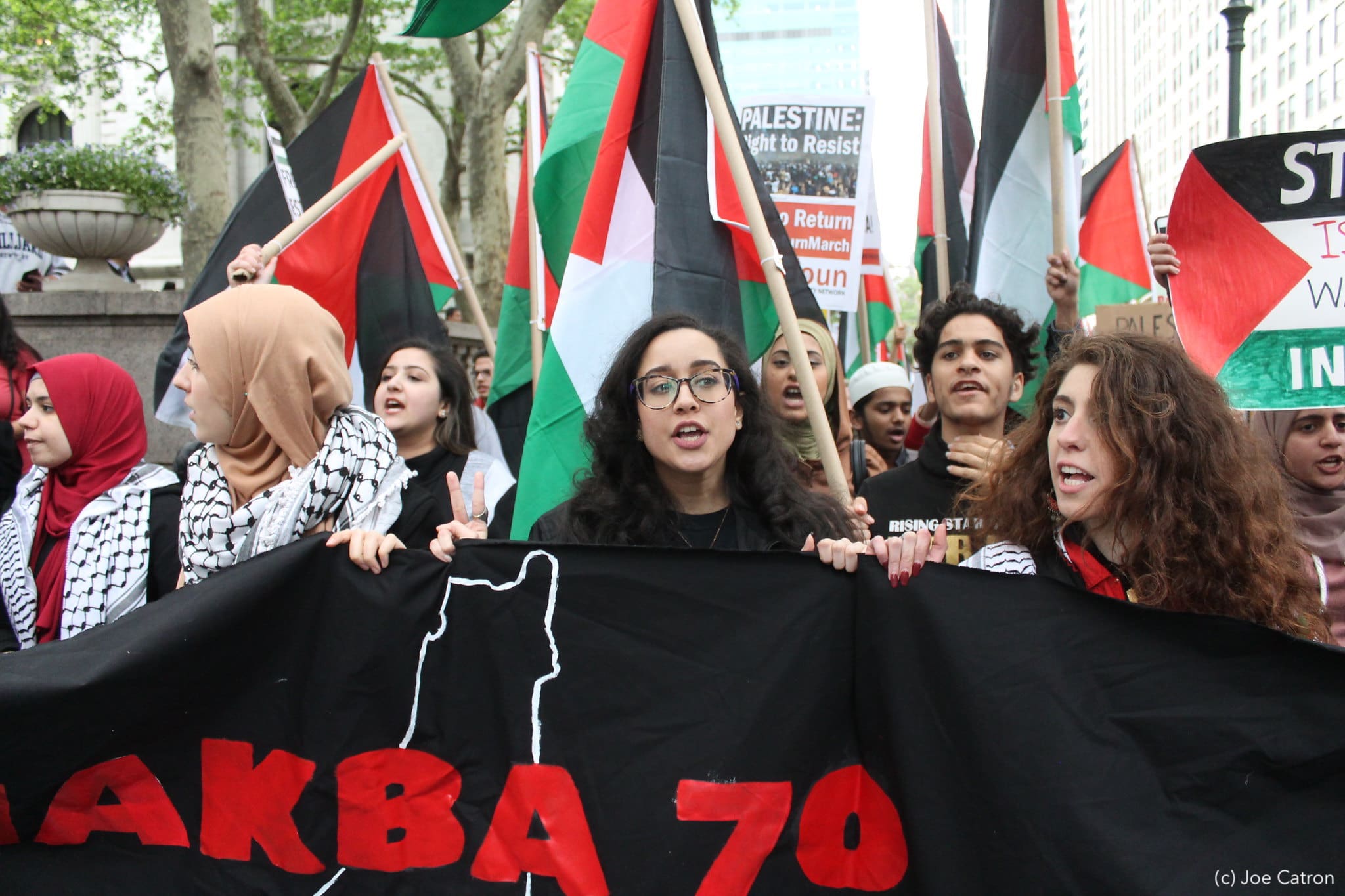
How can the PLO maintain accountability as both a national liberation movement and governing body? How might Hamas and Islamic Jihad be integrated after decades of exclusion? What models of Palestinian youth leadership can be further developed? Al-Shabaka analysts address these and other questions in this full-length report, a year-long exercise facilitated by Alaa Tartir and Marwa Fatafta.1
Download here, or click on the image below:
- To read this piece in French, please click here. Al-Shabaka is grateful for the efforts by human rights advocates to translate its pieces, but is not responsible for any change in meaning.
Marwa is a Palestinian writer, researcher and policy analyst based in Berlin. She leads Access Now’s work on digital rights in the Middle East and North Africa region as the MENA Policy Manager. She is also an advisory board member of the Palestinian digital rights organization 7amleh. Previously, she worked as the MENA Regional Advisor for Transparency International Secretariat. Marwa was a Fulbright scholar to the US, and holds an MA in International Relations from Maxwell School of Citizenship and Public Affairs, Syracuse University. She holds a second MA in Development and Governance from University of Duisburg-Essen.
Dr. Nijmeh Ali is a Fellow at the National Centre for Peace and Conflict Studies (NCPCS), University of Otago and a lecturer in the GDCR program at Otago Polytechnic. Her research focuses on resistance and activism within oppressed groups, particularly among Palestinian activists in Israel. Her research provides a critical perspective on studying resistance and revolution in non-western societies and challenges the classic liberal framework of citizenship. It also deals with exposing strategies used by oppressed and marginalized groups in resisting their subjugation; therefore, it applies to women, minorities, refugees, and migrants.
Al-Shabaka Policy Member Fadi Quran is a Senior Campaigner at Avaaz and a Popular Struggle community organizer. He previously served as UN Advocacy Officer with Al-Haq’s legal research and advocacy unit. Apart from his work in advocacy and international law, Fadi is also an entrepreneur in the alternative energy field, where he has founded two companies bringing wind and solar energy to Palestine and other countries in the region. Fadi holds degrees in Physics and International Relations from Stanford University.
Al-Shabaka Member Dana El Kurd received her PhD in Government from The University of Texas at Austin. She specializes in Comparative Politics and International Relations. Her dissertation explores how international patrons affect authoritarian consolidation in the Palestinian territories. Dana writes regularly for publications such as Al-Araby al-Jadeed, The Washington Post’s Monkey Cage blog, and Foreign Affairs. She currently works as a researcher at the Arab Center for Research and Policy Studies and its sister institution, the Doha Institute for Graduate Studies.
Belal Shobaki is the Head of the Department of Political Science at Hebron University, Palestine. He is a Policy Member at the Palestinian Policy Network. He is the founder and coordinator of the Double Master’s degree program in Public and cultural Diplomacy at Hebron University with University of Siena, Italy. He has published on Political Islam, identity, democratization and Palestinian issue. He is also leading Hebron University team of a 3 years project: Strengthening of National Research Capacity on Policy, Conflict Resolution, and Reconciliation, funded by the Erasmus+ program of the European Union. He has previously taught at An-Najah National University, Palestine and at IIUM, Malaysia.











